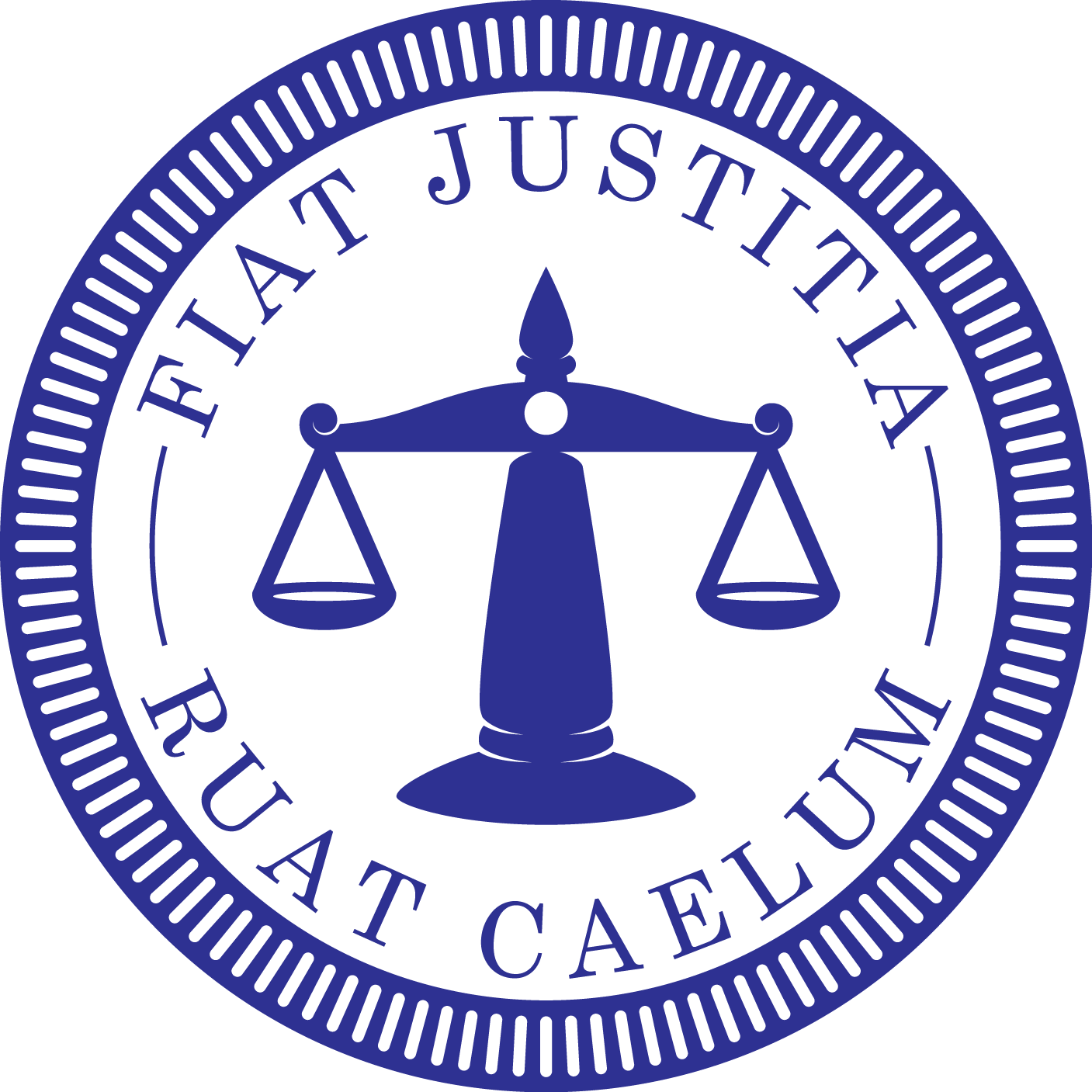Lies
This link is to some comments that are, shall we say, less than truthful regarding the legal system. Excuse me while I pick apart some of the more egregious misrepresentations:
As we shall see, the lawsuit industry today is truly a behemoth, but—unlike the major corporations in our regular market economy—it remains financially opaque. Whereas public corporations must disclose their financials in 10-Ks according to SEC regulations, trial lawyers practice in private partnerships that, under the guise of attorney-client privilege, have shielded their financials from public scrutiny.
Gosh, last I checked all privately held companies aren't required to place their financials up for "public scrutiny".
Total tort costs today exceed $200 billion annually, or more than 2% of America’s gross domestic product—a significantly higher percentage than in any other developed nation.
"Total tort costs" is pretty broad. Let's look at some of 2002's highest verdicts:
IGEN International Inc. v. Roche Diagnostics GmbH S.D. (Breach of licensing agreement, unfair competition) - $505 million
Burns v. Prudential (Breach of Fiduciary Duty) - $261 million
Marvin Lumber and Cedar Company v. PPG Industries, Inc. (Breach of Warranty) - $135 million
Atlantic Recording v. Media Group Inc. (Copyright infringement) - $136 million
Just a few big jury verdicts for corporate entities can sure tip the scales.
"While many Americans may understand that the lawsuit industry in America has run amok—most people could quote anecdotal examples of silly cases generated by our “lawsuit culture”—the public tends not to appreciate that the litigation industry is nothing but Big Business."
I agree wholeheartedly. Big business uses lawsuits as a strategic weapon all the time. They sue their competitors. They sue their suppliers. Hell, they even sue their customers from time to time. Of course, their lawsuits are "Strategic" and ours are "frivolous."
"Given that 19% of all tort costs go to plaintiffs’ attorneys, we can imagine a corporation called Trial Lawyers, Inc. which rakes in almost $40 billion per year in revenues—50% more than Microsoft or Intel and twice those of Coca-Cola."
The corrolary is that 81% of tort costs go to defendants, isn't it? Of course, let's look at that $40 billion figure in terms of perspective:
According to the huge ad company Universal McCann, big business spent around $466 billion last year. Dataquest reported corporate software sales in the neighborhood of $80 billion. Enron, that pantheon of corporate responsibility, had about a $50 billion bankruptcy filing. That poor pharmaceutical industry that's always being sued sold around $155 billion in prescription drugs in 2002. The trucking industry took in roughly $587 billion last year. Gosh, $40 billion isn't that big, is it? Especially considering that the other 81% of tort costs is about $160 billion.
Although not centrally organized, the plaintiffs’ bar tends to be dominated by tort kingpins who carve up their markets—a practice that in a non-litigation context would be called collusion, a violation of antitrust law. Just as corporations are organized around different “lines of business,” plaintiffs’ lawyers target different industrial sectors. These include: Traditional profit centers like asbestos, tobacco, pharmaceuticals, and insurance;
I find it extremely ironic that trial lawyers would be villified for purported antitrust violations, and just one sentence later, insurance is mentioned. Why is this ironic? Because of the McCarran-Ferguson Act, the bill that exempts the insurance industry from antitrust law.
"Although the trial bar likes to accuse corporations of having undue influence, the government relations and public relations arms of Trial Lawyers, Inc. are more powerful and focused than those of any other industry."
It's funny about lawyer contributions. According to Opensecrets.org, 19 out of the top 20 law firms who contributed money to political campaigns are defense firms, like, Skadden Arps, et. al. , a firm that brags about representing 60% of the top 25 companies in the U.S., and 40% of the top 25 global corporations.
One thing I'm left to wonder; If plaintiff's lawyers are so bad, then why do big companies turn to them when they need a competitor sued? Like when Joe Jamail - THE plaintiff's lawyer - got a $10 billion verdict for Pennzoil against Texaco?

